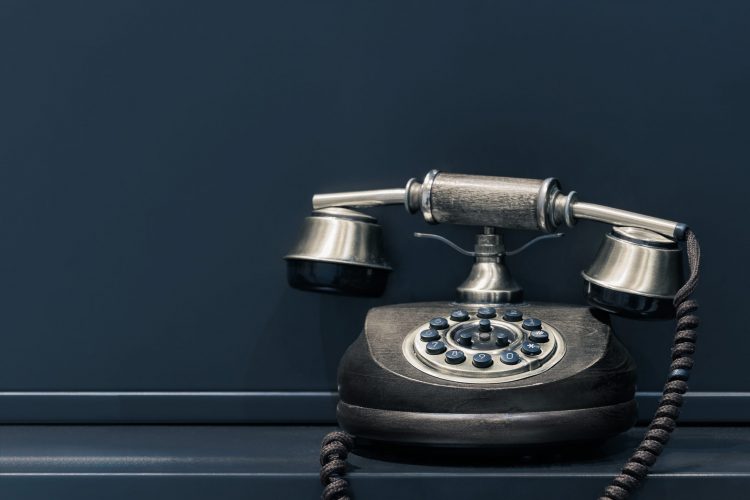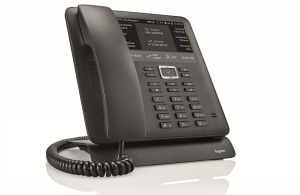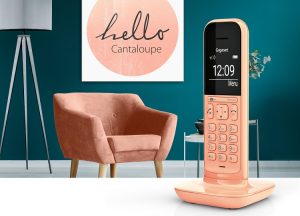 Source: Pawel Czerwinski auf Unsplash
Source: Pawel Czerwinski auf Unsplash
Different industries, different phones?
18. September 2020 Published by Raphael DoerrThe industry is vital
When the subject turns to telephony in the B2B arena, that conjures up the image of a modern office, high-tech call centers, cloud communication or the latest business smartphone. Yet we soon forget that people in hair salons, supermarkets, medical offices or workshops need to communicate and phone.
All the scenarios put different demands on a phone and its functionality, design and ruggedness. A device used at a hospital’s switchboard requires different features than a handset that allows car mechanics to communicate with each other and with customers.
Rugged and water-proof
Dust, dirt and damp are prevalent in workshops and warehouses in particular. Telephony solutions in these industries must therefore meet special requirements: The devices must be shock-, dust- and water-proof and particularly functional.
One example: Walter Mauser, a company that is steeped in tradition and makes cabins for tractors, snow-clearing machines and other special-purpose vehicles, depends on good communication with phones that are rugged as possible.
The company’s productive environment involves a lot of machinery and metal constructions in the warehouse, with the result that there would be frequent interruptions to the connection if a traditional communications solution were used. Moreover, the company has many different departments and so technical personnel is always on the move – from the warehouse to production and vice versa.
With the support of DataWay IT Consulting, a sales partner of Gigaset, Walter Mauser switched to a Swyx PBX system including the Gigaset N720 IP PRO multi-cell system and 79 suitable handsets to ensure full coverage on the around 45,000 m² company campus. Technical personal was equipped with stable R650H PRO handsets, which are ideal in production on account of their impact resistance, dust-proofness and water-proofness, while office employees were given the more attractive SL750H PRO handsets.
Advanced and cordless in the office
What really counts in the office is that the phone must dovetail with the company’s infrastructure. That is a special feature of the Gigaset Maxwell C, for example. Apart from a power outlet, the desktop phone doesn’t need any other cable connection to the network. This phone is the answer to a cableless world, especially in old buildings or very tidy office spaces.
DECT cordless phones have always been a permanent fixture in the office. A cordless office no longer needs a physical network connection: Computers and phones are linked wirelessly to the network. That means the Maxwell C can also be connected to DECT single- or multi-cell systems from Gigaset to deliver an ideal IP phone solution boasting exceptional HD audio, a crystal-clear TFT display and intuitive operation.
Good-looking and functional

A very different scenario: the beauty parlor. What’s needed here first and foremost is good voice quality, ease of use and an attractive design that blends nicely into the environment. Gigaset also has the right solution here: the CL390. The phone comes in four different appealing colors and impresses with its modern design.
The requirements and needs of an industry are therefore always vital criteria in choosing a phone. The good news: Gigaset has the right solution for every industry.
Ralf Lueb July 20, 2020
 Comments
Comments

 en
en 







